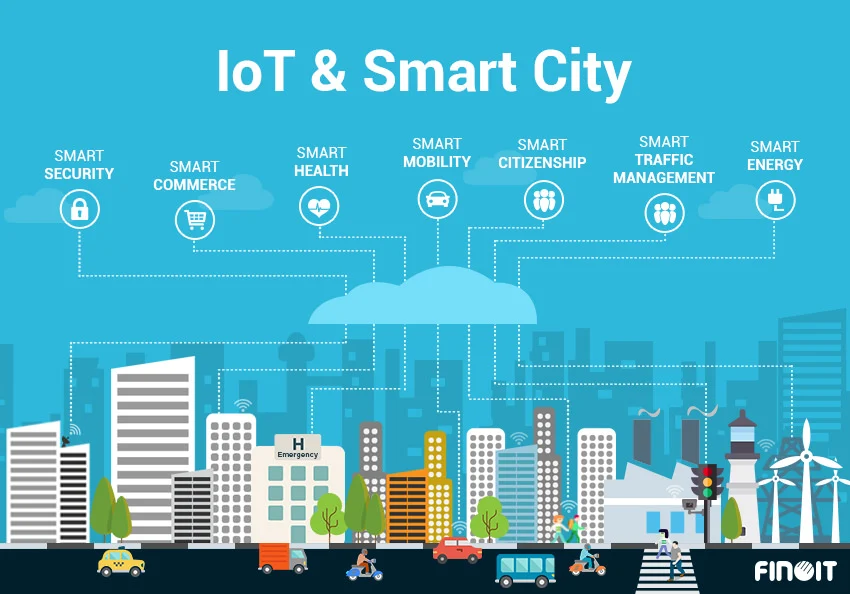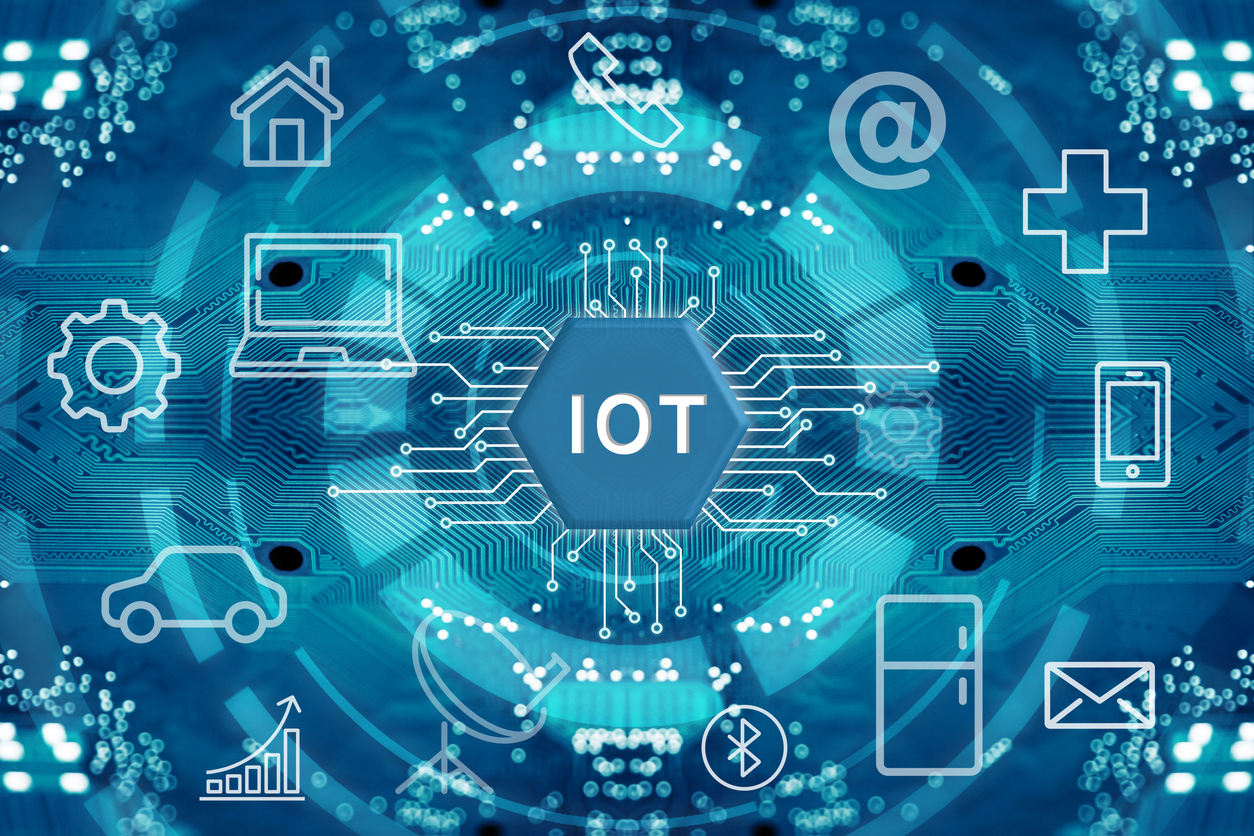Smart Cities: IoT for Urban Development
In the context of rapid urbanization, the need for smart cities has emerged in order to resolve the increasing urban challenges. Smart cities utilize new technologies such as the Internet of Things (IoT) for the betterment of life within the city but optimize resources and infrastructure.
What is IoT in Smart Cities?
The Internet of Things, also known as IoT, is a network of devices which are connected, communicate, and exchange data in real-time. In smart cities, the IoT integrates sensors, software, and connectivity with various city systems to create an efficient and seamless urban ecosystem.
Key Applications of IoT in Urban Development:-
1.Smart Transportation
- IoT-based traffic management systems help in reducing congestion through real-time analysis of traffic patterns.
- Smart parking systems direct drivers to available parking spots, thereby saving time and fuel.
- IoT is used by autonomous vehicles for safe and efficient operations in urban environments.
2.Energy Management
- Smart grids manage energy distribution based on analytics of demand and supply.
- IoT-based smart meters enable residents to monitor and control their energy consumption.
- Solar-powered IoT devices enhance the use of renewable energy.
3.Waste Management
- IoT sensors in waste bins alert collection teams when bins are full, making the process of waste disposal efficient.
- Data analytics from IoT systems optimize routes for waste collection, saving costs and reducing environmental degradation.
4.Public Safety and Security
- IoT-based surveillance systems ensure real-time monitoring and response to incidents.
- Emergency services use IoT devices to respond more quickly and coordinate effectively.
- Smart street lighting makes the public feel safer by dimming and brightening according to the foot traffic.
5.Health and Well-being
- IoT health monitoring systems help respond quickly in case of a medical emergency.
- Smart air quality sensors alert residents about the levels of pollution, and they take precautions accordingly.
- IoT-based apps give updates in real time regarding health facilities, such as hospital bed availability.
5.Water and Resource Management
- IoT-based water management systems detect leaks and monitor water quality in real time.
- Smart irrigation systems make water usage efficient for parks and green spaces.
- IoT devices track and manage the consumption of resources in a city.
Advantages of IoT in Smart Cities:-
- Improved Quality of Living: With smart services, IoT enhances quality living in a city.
- Sustainability: IoT-based solutions decrease energy consumption and environmental impact.
- Cost Efficiency: It saves cities and residents a lot of money because of optimized processes.
- Data-Driven Decision Making: IoT gives actionable insights for urban planners and policymakers.
Conclusion:-
IoT is the back-bone of smart cities that transforms urban development into more efficient, sustainable, and livable conditions. It still faces a number of challenges like data security and infrastructure costs but has huge potential to make cities smarter, livable spaces and change the face of future urban living.


Comments
Post a Comment